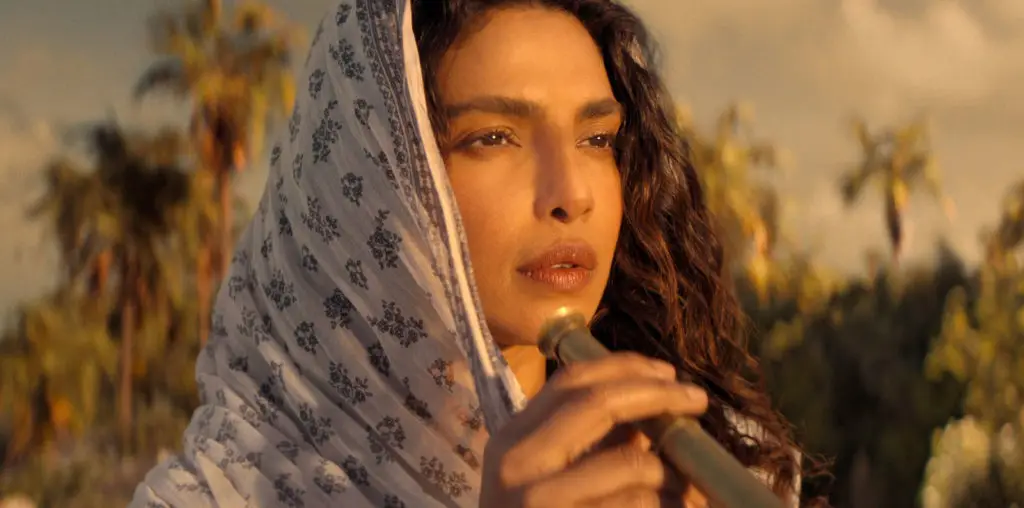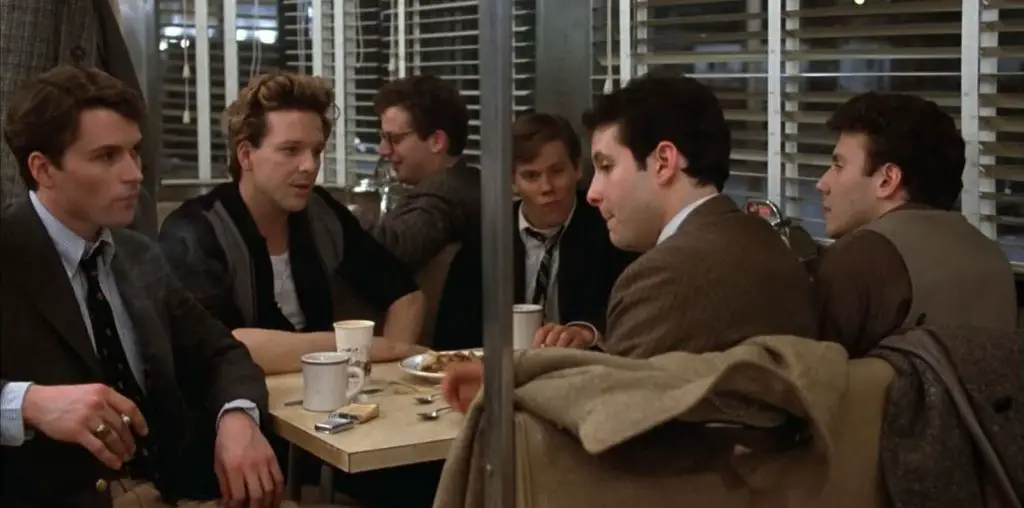
The 1970’s were a major turning point for America, and a major turning point for Hollywood as well. In the late sixties, the studios were churning out big budget crapola like “Cleopatra” (which damned near broke Fox Studios), “Star” with Julie Andrews, “Dr. Doolittle…people were staying home in droves, and the industry was close to collapse. What they needed was some fresh blood. What they got was a revolution that changed everything.
Spielberg, Lucas, Scorsese, Coppola, Bogdanovich. They trashed the big budget, low intelligence standard quo that was the current box office, and birthed movies like “The Godfather”, “Mean Streets”, “American Graffiti”, “The Last Picture Show”, and the one that started independent film as we know it: “Easy Rider”. How f****d up was the system that actually let Dennis Hopper loose with a camera, some pocket change for a budget, and a script that had “man” 500 times and a pot smoking scene that called for real mary jane?
The muckraking book “Easy Riders, Raging Bulls”, a no-holds-barred account of those turbulent times by Premiere Magazine editor Peter Biskind, chronicled the steady rise and the sudden fall of these giants, the tight camaraderie that turned into bitter feuds, the experimentation that resulted in the birth of the blockbuster (and, some say, the death of independent film in the 80’s). Biskind spared no one in his warts and all diatribe, and the result was one of the best books about the industry I’ve ever read.
Now comes the entertaining, albeit unnecessary, film of that book by acclaimed documentarian Kenneth Bowser (producer of two wonderful biopics of Preston Sturges and Frank Capra). The film is a compilation of talking heads and clips from movies (I hate movies that rely on the clips of other movies, like “That’s Entertainment”; why not just go out and rent the full movie?), static but nice. Unable to entice the main characters from the book (who can blame them?), Bowser relies heavily on observers, actors like Fonda, Dreyfuss, and Burstyn, and the lesser lights like Bogdanovich and Schrader.
The result is curiously muted; there is a lot of generalization and ‘I heard from a guy who heard it from…’nonsense that gives you the feeling that there is a lot more to the stories that are just not being said. The anecdotes are fun to listen to, particularly the maverick king of low budget Roger Corman (who gave most of these guys their starts in film and seems to have worked with damned near everyone in Hollywood at some point) and Hopper and Fonda (who haaaaaaate each other and do not hide it).
But the most interesting people from this era are conspicuous by their absence. Unhappy with their portrayals in the book, Spielberg, Lucas, Scorsese, Coppola, Jack Nicholson and Warren Beatty opted out, leaving a curios feeling of lopsidedness to the project. Too bad. I’d love to see Spielberg explain how he killed the small film with “Jaws”, or watch Scorsese squirm while recounting the drug addiction that nearly cost him his life. That would be true entertainment.
Bowser has done a good workingman job, though, and with the help of William H. Macy’s beautiful narration, the results are never boring. The DVD release has almost two hours of bonus footage that didn’t make the final cut on BBC, and that is worth the price of the disc alone.


